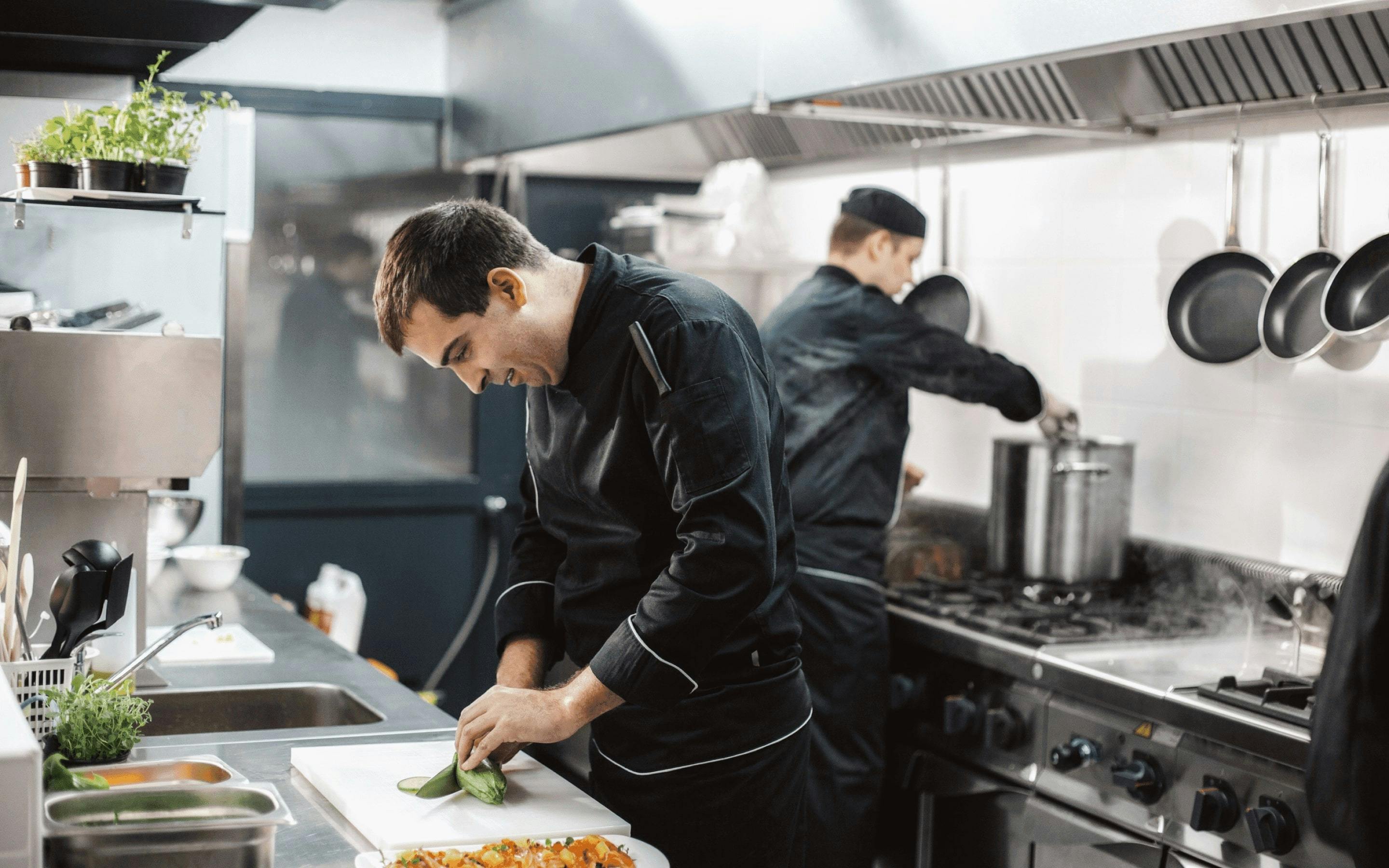As one of the fastest-growing culinary destinations, Saudi Arabia is renowned for its rich food culture and thriving franchise market. For entrepreneurs considering expansion in the region, understanding the financial landscape is essential. Franchise costs can be wide-ranging, and careful planning is key to launching successfully.
In this article, we will explore the major costs involved in franchising in Saudi Arabia, the UAE, Kuwait, and Bahrain. From rental expenses to franchise fees, you will gain clarity on what it takes to establish your brand, whether you are looking at Riyadh, Dubai, or beyond. Let us break it down step by step.
What is franchising and how does it work?
Franchising is a business model that allows individuals to operate a venture under an established brand’s name and operational system. The franchisor provides brand recognition, systems, and support, while the franchisee brings local expertise and investment, creating a mutually beneficial partnership.
In Saudi Arabia, franchising has gained popularity due to the strong economy and investor-friendly environment. The model allows entrepreneurs to localise offerings to meet cultural preferences while maintaining the quality and service expected by the brand, an essential advantage in a competitive food industry.
9 costs you must know before entering the franchise world
Franchising offers immense potential, but it comes with a variety of associated costs.
Here are nine key expenses to consider:
1. Initial investments
Setting up a franchise in Saudi Arabia typically requires an initial investment starting at SAR 75,000, covering the franchise fee, kitchen equipment, inventory, and early marketing, whether you are launching a small kiosk or a full-service restaurant.
2. Real estate costs
Renting in prime areas of the UAE can be costly, especially in city centres or high-traffic zones. While premium locations may increase your overheads, they often lead to better visibility and footfall. Many businesses are turning to kitchen rentals as a cost-effective alternative.
3. Equipment and supplies
Franchisees are usually required to purchase approved kitchen equipment and supplies that comply with brand standards. In the UAE, franchisors may insist on sourcing from vetted suppliers to maintain quality and uniformity.
4. Monthly franchise fees
Franchise agreements generally involve a monthly royalty fee, usually a percentage of gross sales, which is paid to the franchisor in exchange for continued support and the right to operate under the brand.
5. Marketing and advertising
In a competitive market like Saudi Arabia, effective marketing is essential. Franchisees may be required to contribute to national campaigns or invest in local marketing to build their customer base.
6. Renovations and upgrades
To maintain a consistent brand identity, franchisors may require occasional upgrades to interiors or equipment, especially as consumer preferences evolve.
7. Training programmes
Franchisees and their staff often undergo training provided by the franchisor. In the UAE, this might involve onsite training or sessions held at the franchisor’s headquarters to ensure operational consistency.
8. Professional fees
Legal and financial advice is essential, particularly in countries like Kuwait, where navigating regulatory frameworks can be complex. A local accountant or solicitor can help ensure compliance with tax and business laws.
9. Technology and systems
Many franchises require specialised systems for sales tracking, reporting, and delivery. Investing in compatible POS solutions and digital infrastructure is necessary, especially when integrating with smart kitchen platforms.
Things to consider before offering a franchise
Thinking of offering your own franchise in Bahrain or the wider region? Careful preparation is critical.
Here are some factors to keep in mind:
Market research and consumer insights
Conduct thorough market research to understand local consumer behaviour. In Saudi Arabia, identifying unmet needs in the food space can position your brand for long-term success.
Competitive analysis
Evaluate the current market and key players. With so many choices available to consumers, having a unique selling proposition is vital to gaining traction and retaining market share.
Financial planning
Prepare a solid financial model that covers all projected costs, from initial investment to ongoing operations. This will help mitigate financial risks and maintain business continuity.
Legal and regulatory compliance
Familiarise yourself with the relevant regulations in Bahrain and beyond, including food safety laws, labour regulations, and franchise agreements. Staying compliant is key to avoiding disruptions.
Personal alignment and goals
Ask yourself if franchising aligns with your long-term personal and professional goals. Running a successful franchise operation requires commitment, resilience, and strategic vision.
Launching your franchise with KitchenPark
Franchising is a strategic opportunity for anyone looking to enter Saudi Arabia’s food sector. A full understanding of expenses, market dynamics, and regulations is essential. Success depends on detailed planning and the ability to adapt to a competitive environment. This is where KitchenPark can help.
We offer delivery-optimised, ready-to-use kitchens in prime locations across the region. Our ghost kitchen model allows you to scale your brand with reduced overheads, faster go-to-market timelines, and fewer operational challenges. Plus, our smart kitchen solutions integrate seamlessly with delivery platforms, helping you reach customers efficiently.
Looking to grow with less risk and more support? Get in touch with us today and see how a partnership with KitchenPark can help bring your food venture to life.
